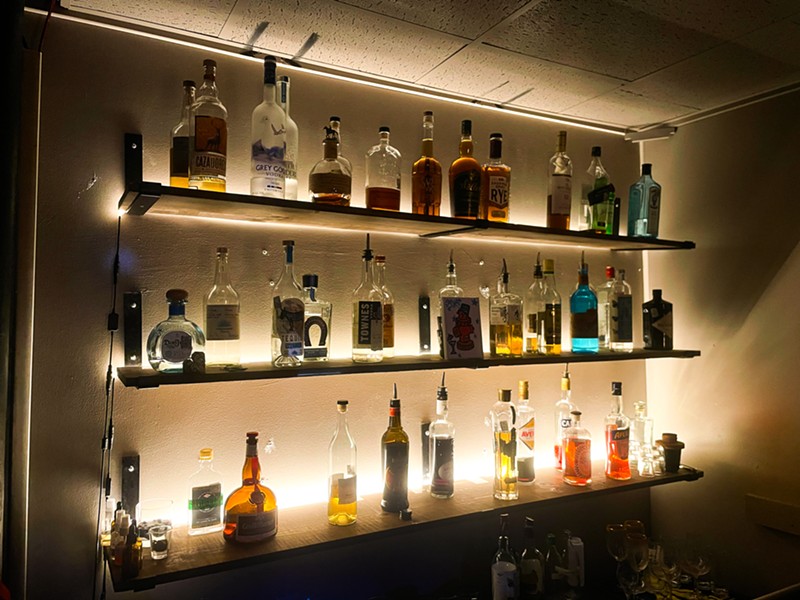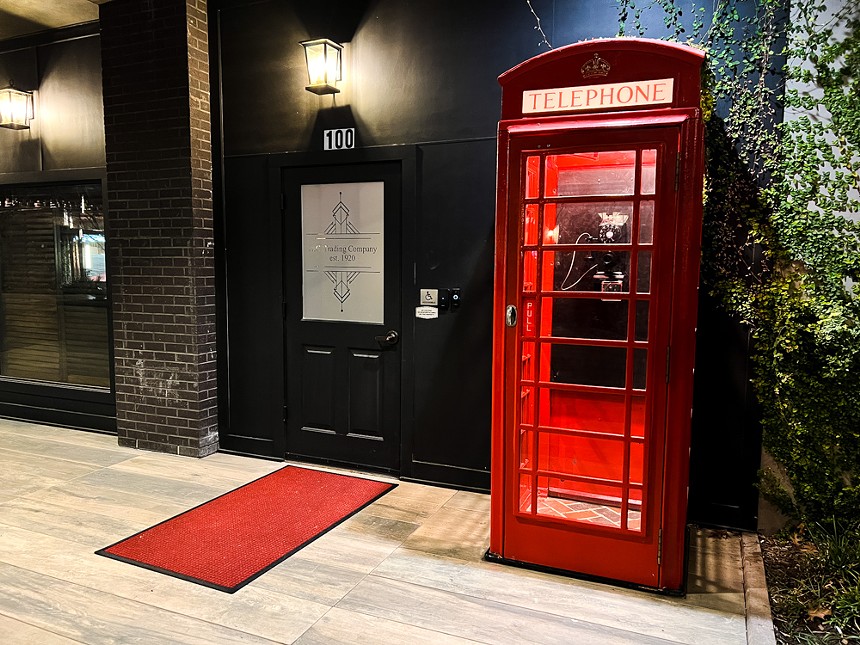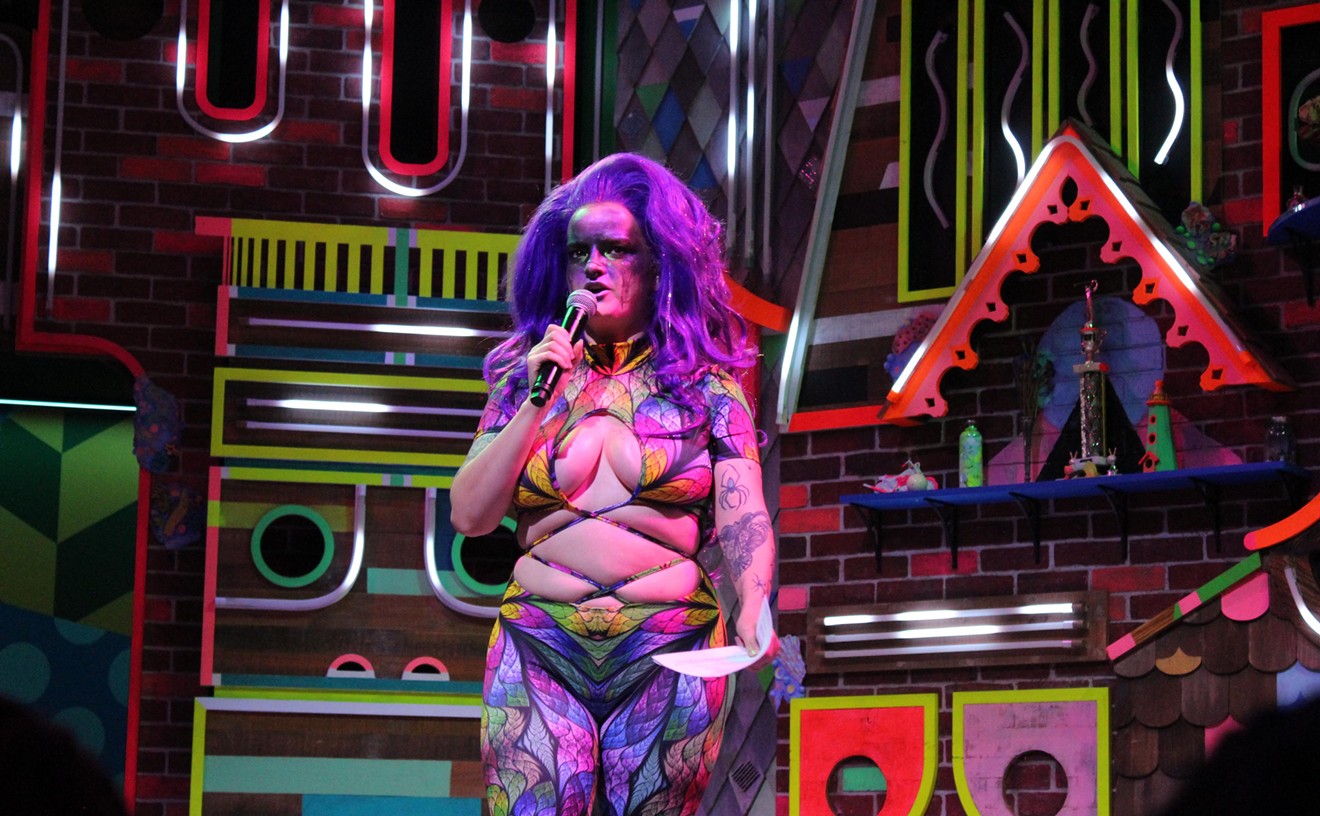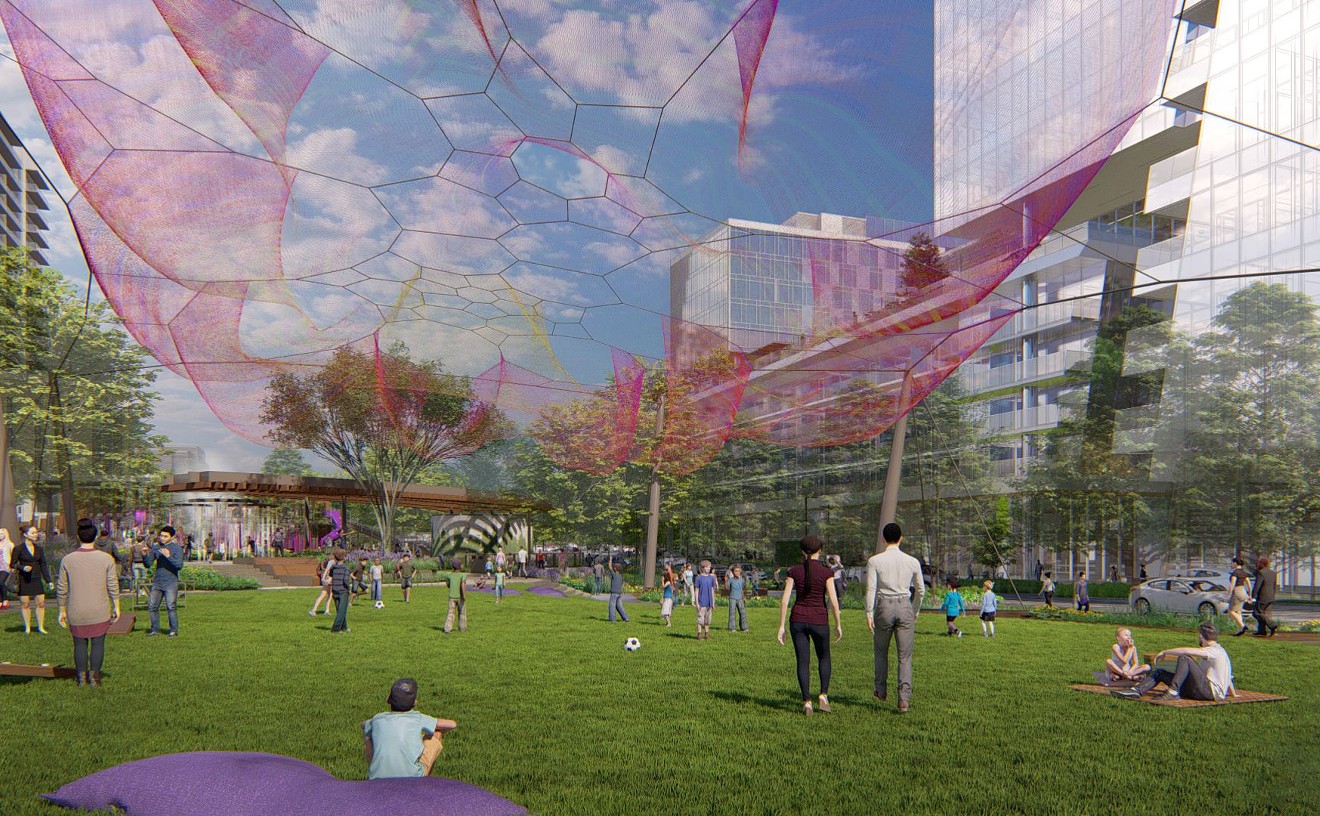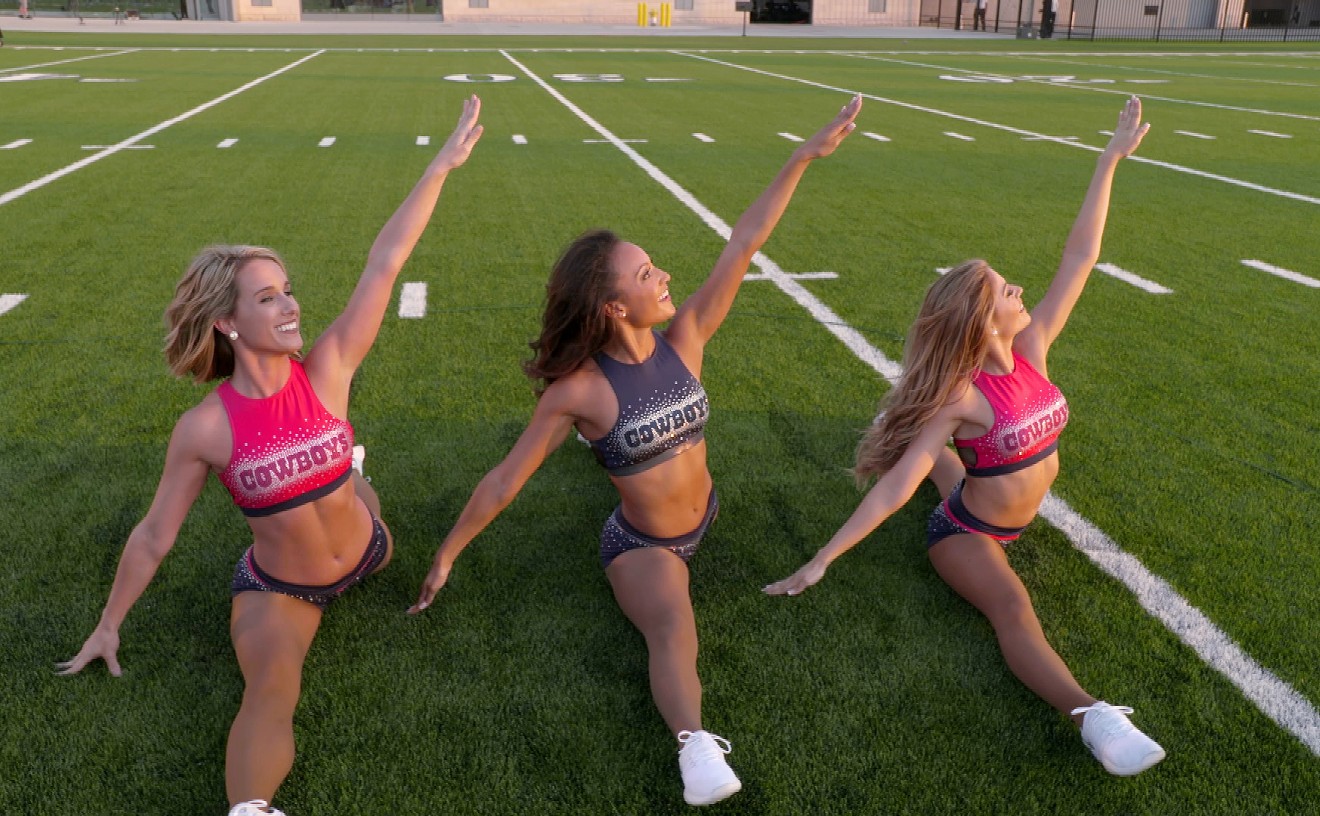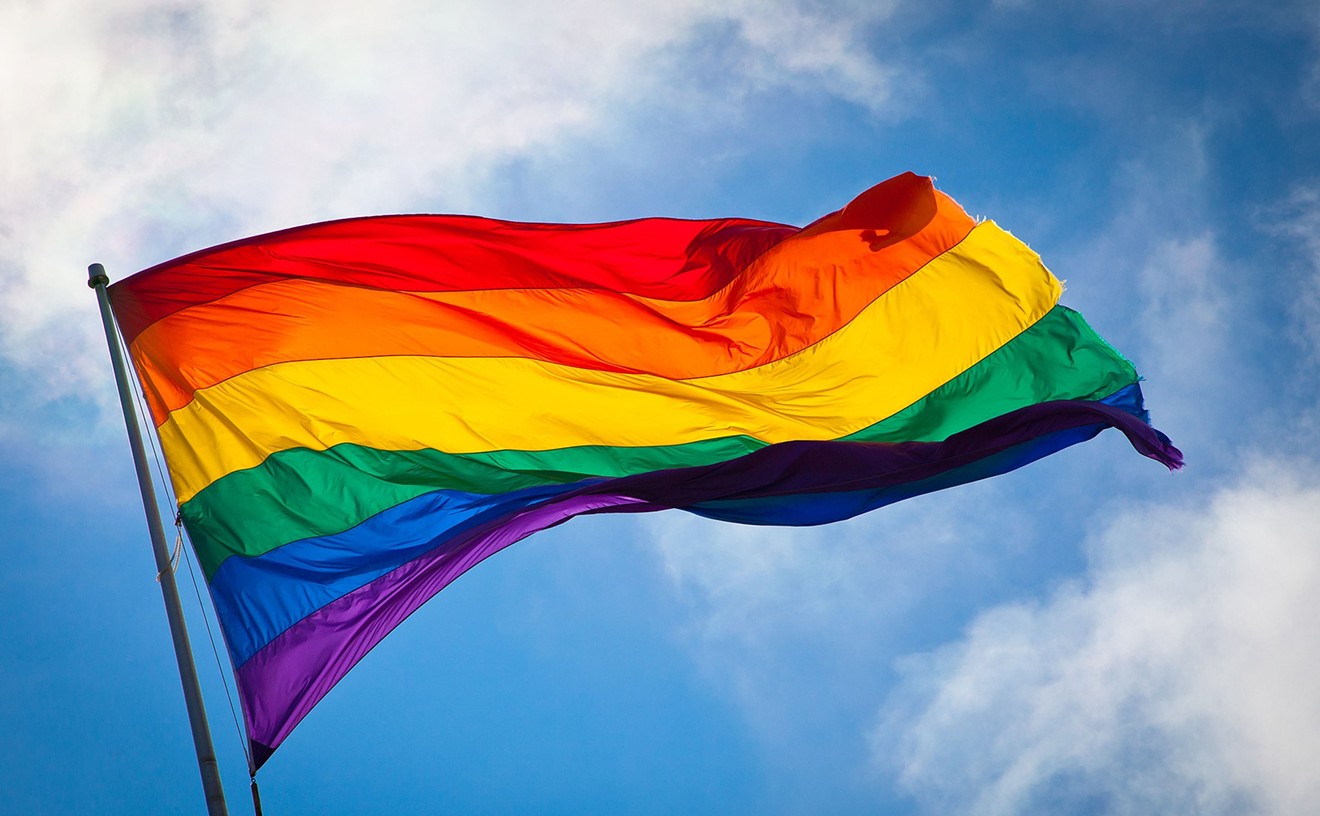Exclusivity is a massive selling point. Everyone wants to feel like they’re in on some secret or getting access to some fun experience that nobody else has. In other words, everyone wants to feel special.
That’s the entire appeal of a speakeasy, a bar or club that has a hidden entrance, a password or some other barrier that makes it less accessible to the general public. Only those in the know are let in. If that includes you, then you feel special as soon as you walk through the door.
The term speakeasy goes back to Prohibition, when alcohol was banned and businesses that sold it had to go underground. The Great Gatsby (or, more specifically, the 2013 film adaptation that reignited public interest in the 1920s) features a seedy but glamorous speakeasy located behind a barbers shop. The party the characters stumble upon is energetic and vibrant with an undertone of danger. That’s the vibe most modern speakeasies seem to be going for.
Here’s the thing, though, and you probably already know this: Alcohol is no longer prohibited and hasn’t been for the better part of a century. That’s a good thing for a free society, of course, but throws a wrench in the concept of a speakeasy. The modern speakeasy, no matter how hard it wants to be, isn’t an underground operation. It’s a meticulously planned and developed concept, likely with corporate backing. It’s like any other lounge or club, just with a password or something.
There may be no mafia presence or chance of the police raiding the place or anything that exciting, but what the modern speakeasies lack in danger they can make up for in secrecy and exclusivity. In theory, that is.
Truth & Alibi in Deep Ellum is one of the better-known speakeasies in Dallas. Located behind a fake candy store, this bar and lounge requires a password that changes every weekend to get in. This sounds pretty intriguing until you realize that the password is posted on the bar's public Facebook page every week.
Truth & Alibi is a fun enough club to hang out on the weekend, but it doesn’t exactly scratch the secrecy itch. Maybe if there was some sort of process to figuring out the password, like if the bar posted a riddle or puzzle on Facebook instead, knowing it would feel more gratifying. But knowing information that’s publicly available? That’s not very Gatsby.
That’s the problem with modern speakeasies. It’s a trendy gimmick right now, and businesses that utilize it don’t want it to be a total secret. They want it to be profitable, after all, and “speaking easy” won’t accomplish that.
Red Phone Booth in The Colony hits the nail on the head in terms of exclusivity. To get into this high-end bar and cigar lounge, you’ll need to find its entrance (a red phone booth, naturally) and enter a code. You won’t find the code on social media or any public outlet. You either have to be a member or know a member. Membership costs upwards of $400 a year so this is a considerably high barrier to entry.
Getting the code for Red Phone Booth feels more special than knowing the password for Truth & Alibi, but the experience is less “party at Gatsby’s” and more “dinner with Tom Buchanan.” The dress code calls for slacks and sports coats, and one of the house rules reads, “Drunkenness is prohibited. Don’t act like an amateur.”
Whiskey and cigars might be someone’s idea of a party (such as your dad), but for most people, it doesn’t clear the bar for a raucous jazz-age experience.
That’s the underlying problem with the whole speakeasy gimmick. These businesses often struggle to strike a balance between the thrill of being in on a secret and not alienating too many potential customers.
New Orleans has true speakeasies (because an all-watching God knows the city is one giant bar), and Dallas could use a fresh batch of themed bars in the style of New York, yet that's what these supposed "speakeasies" are: speakeasy-themed bars. Can we get more S&M, more Back to the Future spots (thank you, Fort Worth), any other theme, please?
Bars, clubs and lounges that do strike this balance aren’t advertising themselves as speakeasies. The Balcony Club, a pint-sized jazz lounge tucked inside the former attic of the Lakewood Theater, checks all the boxes for jazz-age enthusiasts: It’s hidden away enough to feel like a secret, it has a quality drink menu and, of course, there’s actual live jazz performances every night.
The Balcony Club doesn't bother with the pretense of being a “speakeasy.” It doesn’t try to make you feel special or like a main character. But the vibes are immaculate enough that you feel that way regardless.
We’re all about spots that draw inspiration from the '20s. Art deco architecture and jazz will never go out of style, after all. But maybe it’s time for a moratorium on calling things “speakeasies.” That feeling of being a part of something unique and special isn’t something that can be manufactured, and secrets aren’t something you can advertise.
[
{
"name": "Air - MediumRectangle - Inline Content - Mobile Display Size",
"component": "18855504",
"insertPoint": "2",
"requiredCountToDisplay": "2",
"watchElement": ".fdn-content-body",
"astAdList": [
{
"adType": "rectangle",
"displayTargets": "mobile"
}
]
},{
"name": "Editor Picks",
"component": "17105533",
"insertPoint": "4",
"requiredCountToDisplay": "1",
"watchElement": ".fdn-content-body",
"astAdList": [
{
"adType": "rectangle",
"displayTargets": "desktop|tablet"
},{
"adType": "rectangle",
"displayTargets": "desktop|tablet|mobile"
}
]
},{
"name": "Inline Links",
"component": "18349797",
"insertPoint": "8th",
"startingPoint": 8,
"requiredCountToDisplay": "7",
"maxInsertions": 25
},{
"name": "Air - MediumRectangle - Combo - Inline Content",
"component": "17105532",
"insertPoint": "8th",
"startingPoint": 8,
"requiredCountToDisplay": "7",
"maxInsertions": 25,
"watchElement": ".fdn-content-body",
"astAdList": [
{
"adType": "rectangle",
"displayTargets": "desktop|tablet"
},{
"adType": "rectangle",
"displayTargets": "desktop|tablet|mobile"
}
]
},{
"name": "Inline Links",
"component": "18349797",
"insertPoint": "8th",
"startingPoint": 12,
"requiredCountToDisplay": "11",
"maxInsertions": 25
},{
"name": "Air - Leaderboard Tower - Combo - Inline Content",
"component": "17105535",
"insertPoint": "8th",
"startingPoint": 12,
"requiredCountToDisplay": "11",
"maxInsertions": 25,
"watchElement": ".fdn-content-body",
"astAdList": [
{
"adType": "leaderboardInlineContent",
"displayTargets": "desktop|tablet"
},{
"adType": "tower",
"displayTargets": "mobile"
}
]
}
]

